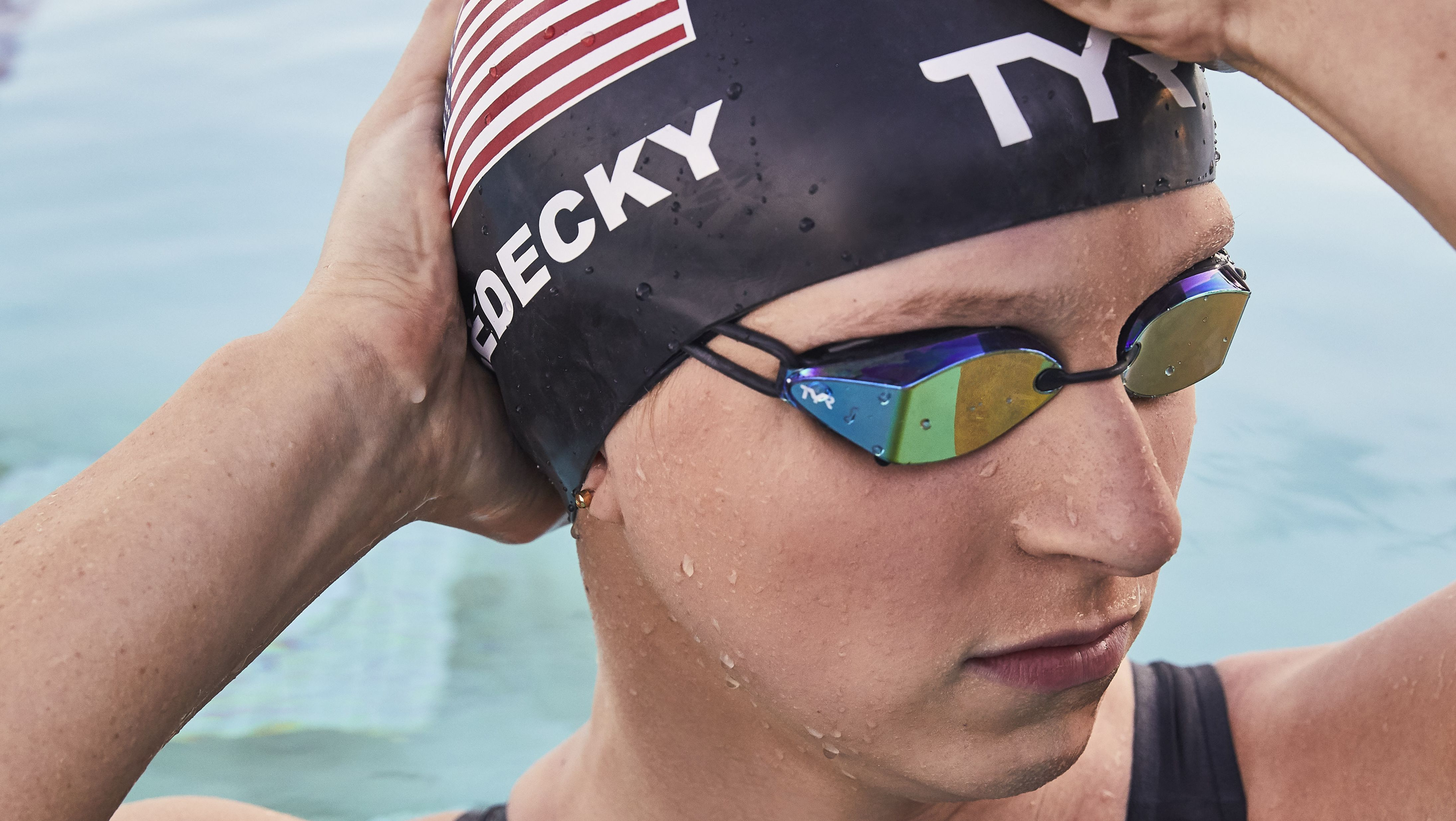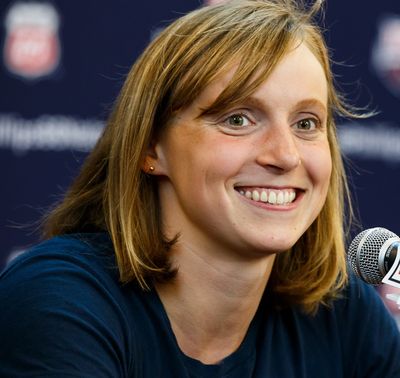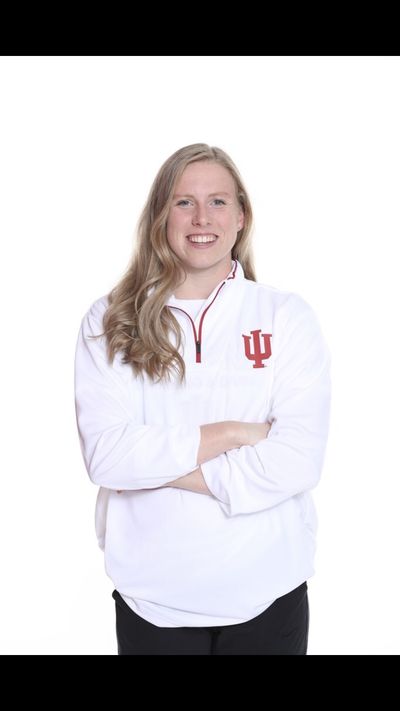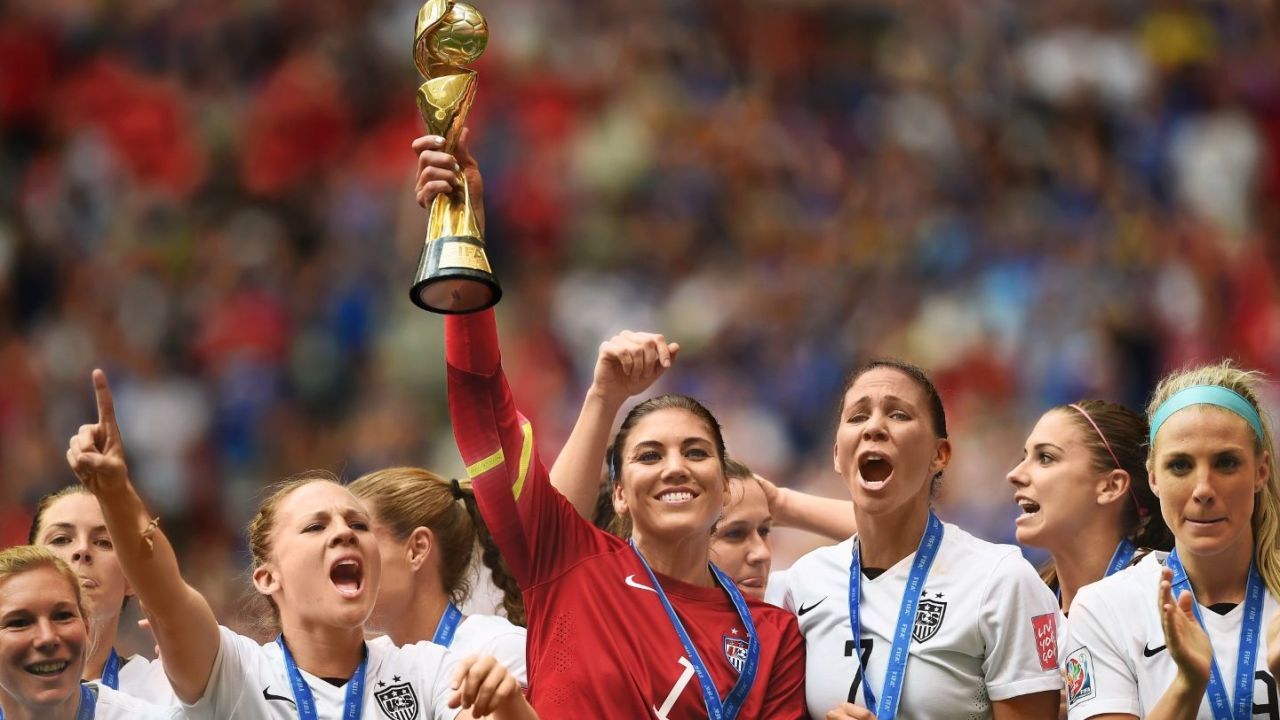Katie Ledecky, Lilly King Among Athletes Competing in New Co-Gender Swim League
Swimming's top athletes will start competing in the International Swimming League this October.


Though swimming is one of the most popular Olympic sports, we rarely see televised competitions during the four years in between. That makes it difficult for fans to enjoy the sport year-round, and hard for swimming’s professional athletes to cash in on non-Olympic years. (Many swimmers have to work day jobs in addition to, you know, training for major competitions eight hours a day.)
That’s all about to change: The International Swimming League (ISL), a new league for pro swimmers, is kicking off this fall. The ISL will be comprised of eight teams (four from the U.S., four from Europe), each made up of 24 swimmers—12 men and 12 women—who will compete in seven meets across the U.S. and Europe. Two of the U.S.’s teams (the D.C. Trident and the Cali Condors) were just announced, and the rosters are impressive.

Katie Ledecky, 5-time Olympic gold medal winner and D.C. Trident.
According to Katie Ledecky, the most decorated female swimmer in history and a three-event world record holder (and D.C. Trident team member), the ISL is a long-awaited opportunity for the sport to grow. “For us as athletes, swimming isn’t every four years,” the 22-year-old tells Marie Claire, “it’s every year. The ISL has the potential to make swimming more visible throughout each year.”
For Lilly King, another young swimmer with big talent (including a world record in the 100-meter and 50-meter breaststroke), college graduation and the announcement of the league came just at the right time. Though King owns a gold medal, because she decided to finish out her college swimming eligibility with the NCAA at Indiana University Bloomington, she has not been eligible to swim professionally and win money. The ISL will be her first time as a pro; she joins the Cali Condors.
Meet the Competitors
“It’s a really great time to be turning pro,” King tells us. “There are all these new opportunities arising within professional swimming. I get to race to make money. When you think of professional sports, you think of the MLB, NFL, and NBA. There’s a baseball game or a basketball game on every day, but swimming doesn’t have that. The more exposure the sport gets, the better it is for us.”
And the money that King will be making, will be the same as every other competitor on her team. The league is committed to paying all of their athletes equally; meets will be scored on a team point system, and the winning team will evenly split prize money. Though most of the swimmers we spoke with say that, thankfully, there isn't an existing pay gap between male and female swimmers, there is a culture shift occurring in professional sports right now, and they hope the league continues the momentum.

Lilly King: recent grad and new pro.
To that note, King references a rivalry she has with a Russian swimmer Yuliya Efimova. (For reference: After Efimova—who had a prior doping violation—won her semi-final in the hundred-meter breaststroke in the 2016 Olympics, she wagged her finger, and King wagged hers back in disdain).
Get exclusive access to fashion and beauty trends, hot-off-the-press celebrity news, and more.
“I was seen as being immature, as being a bad example for the sport,” King tells us. “I was speaking out on someone who had been caught cheating multiple times, and I think if a boy had done that, it would have been oh, they’re such a great leader, they’re doing this for the good of the sport, but I was being nasty and immature because I was a girl. It's definitely a disparity within all sports, not just swimming.”
Ledecky agrees that change in athletics is necessary—and coming. Referencing the reckoning for equal pay and paid leave occurring in track and field at the moment, she says: “Observing what’s going on in some other sports and some of the really great discussions that are being held around equity and female athletes, it’s great that those discussions are being had and that athletes are coming forward with their stories.”
For 12-time Olympic medalist Natalie Coughlin, who has been swimming professionally since 2004, the league is not just a chance to jump back into the pool, but also to continue the conversation that her compatriots on the track started.
"I just had a baby," Coughlin says. "Allyson Felix and Alysia Montaño are bringing up incredible points, and it's amazing that they are starting this conversation. It's a very complicated one for professional female athletes. Having just gone through it, your body goes through a lot."
ISL Competition kicks off on October 4th in Indiana. Whether you're watching for the love of the sport, your favorite pros, or to witness female athletes continue to move the dial, you're going to want to tune in.
For more stories like this, including celebrity news, beauty and fashion advice, savvy political commentary, and fascinating features, sign up for the Marie Claire newsletter.
RELATED STORY

Megan DiTrolio is the editor of features and special projects at Marie Claire, where she oversees all career coverage and writes and edits stories on women’s issues, politics, cultural trends, and more. In addition to editing feature stories, she programs Marie Claire’s annual Power Trip conference and Marie Claire’s Getting Down To Business Instagram Live franchise.
